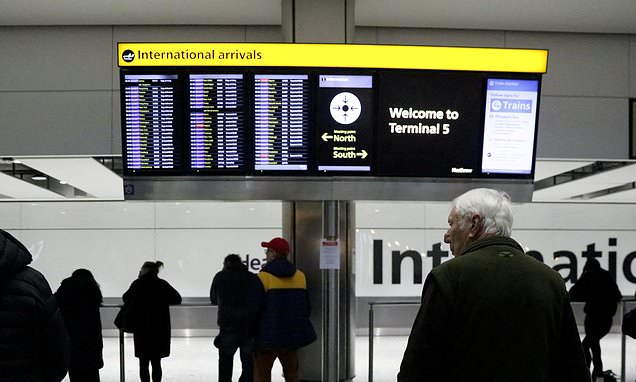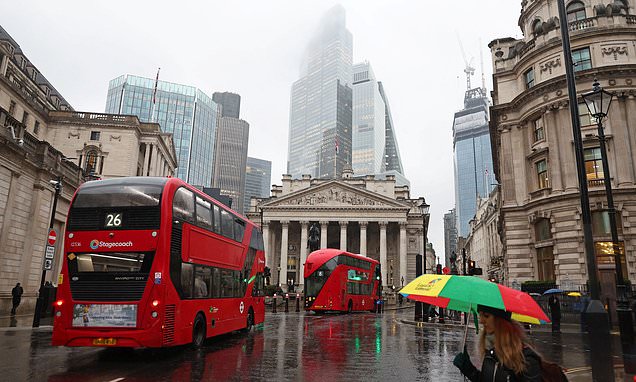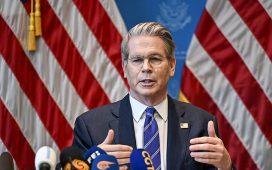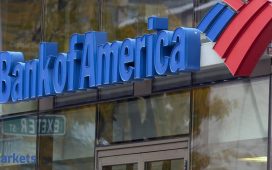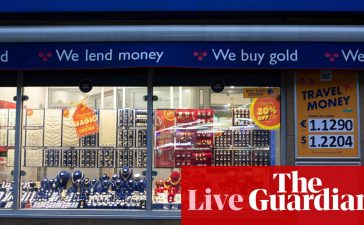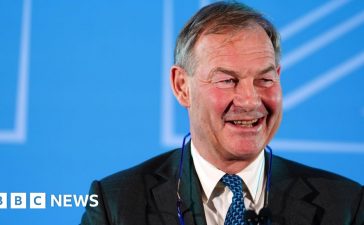The FTSE 100 is flat in early trading. Among the companies with reports and trading updates today are Heathrow Airport, Frasers and SSP. Read the Monday 12 February Business Live blog below.
> If you are using our app or a third-party site click here to read Business Live
Upper Crust owner SSP buys Australian airport bar and cafe group
Ashmore Group shares top FTSE 350 fallers
Synthomer shares top FTSE 350 charts
Heathrow Airport: Tourist tax has ‘shut the door’ on economic growth
UK pay hikes expected to slow for the first time since the pandemic
The Bank of England ‘has a negative obsession’ with Brexit
Body Shop prepares for insolvency process
Evri private equity owner Advent preparing £2bn sale of delivery firm
Busy week for UK markets amid inflation, growth and unemployment data
£74bn savings gap threatens family finances
Frasers lines-up £80m share buyback
Heathrow: ‘Britain has shut the door on home grown growth’
Recession set to be confirmed and inflation up too in double blow to economy
UK pay rises set to slow

